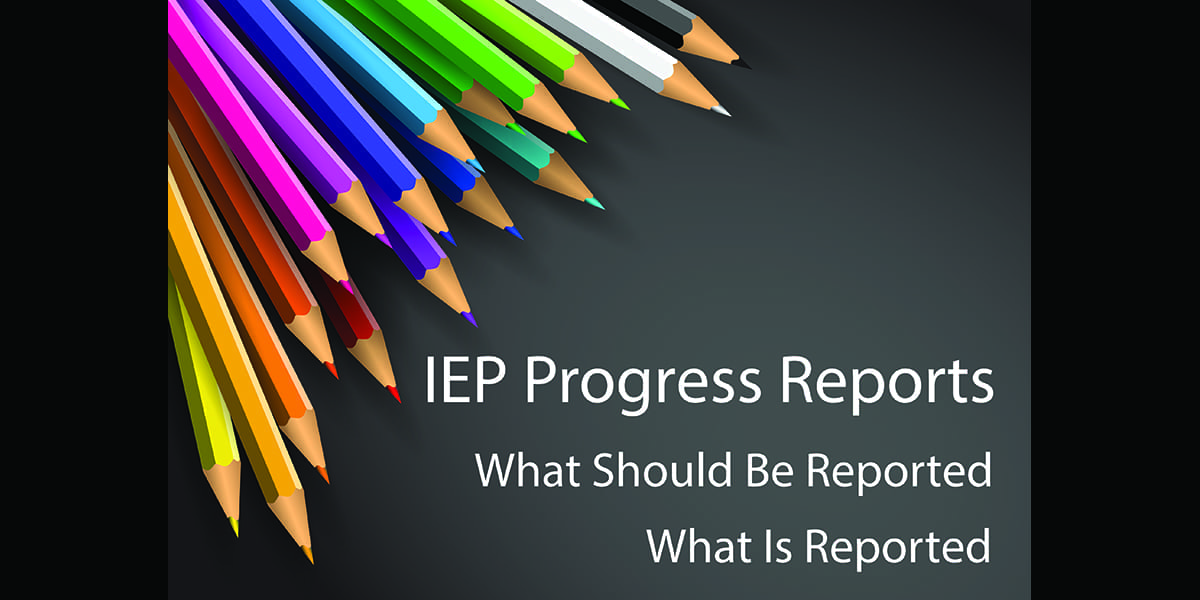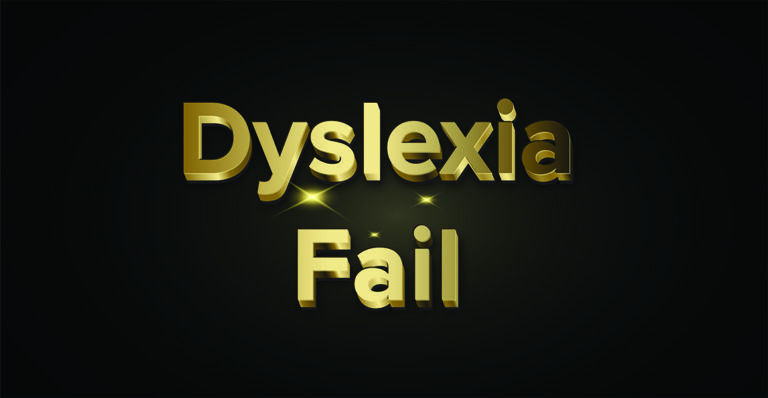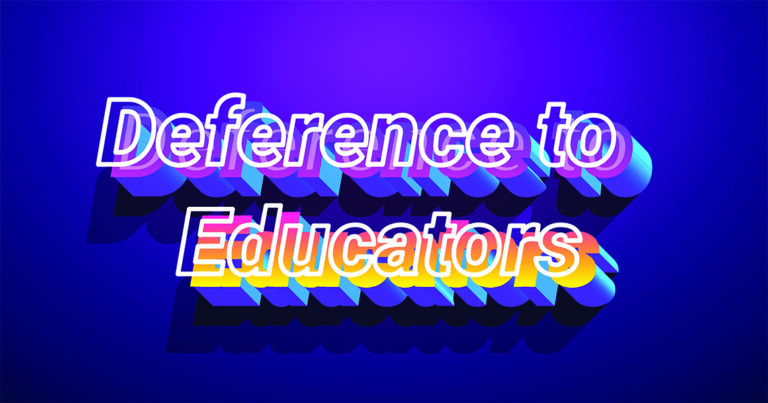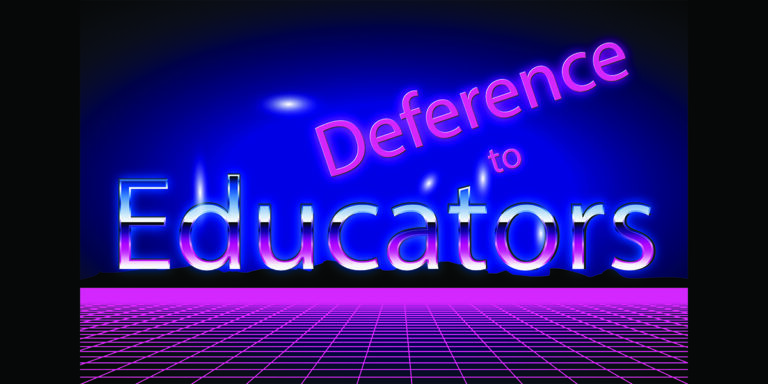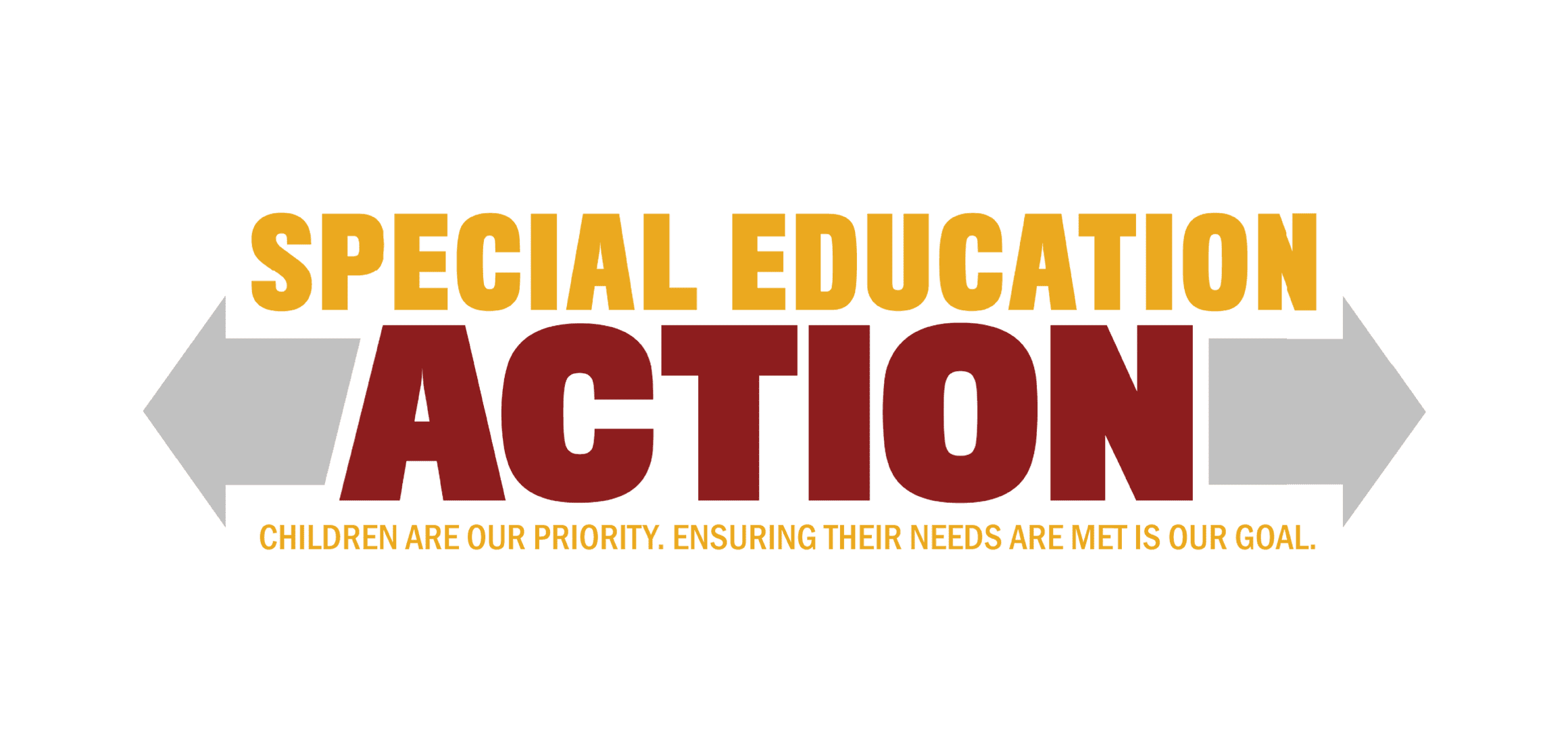
Special Education Action is a 501(c)3 nonprofit publisher covering special education.
Its mission is to ensure parents, educators, and students have the information and tools necessary to fully understand, address, and safeguard the unique needs of all students who require special education.
Recent Articles
IEP Progress Reports: What Should Be Reported Vs. What Is Reported
What should be in Individualized Education Program (IEP) progress reports and what actually is in IEP progress reports often are two different things.
Imagine it is time for your annual work review. Your employer presents a report that states you didn’t make progress, or didn’t make enough progress, toward your goals for the year. However, when you read the report, there’s no data backing your employer’s decision, nor is there a performance plan for moving forward. You don’t know why you didn’t progress and you don’t know what you need to do in order to progress.
The same issues occur with IEP progress reports.
Second Virginia Hearing Officer Rules Reading Program Inappropriate for Student with Dyslexia
The law firm Blankingship & Keith represented FCPS in both cases, too. Although the first hearing officer ruled “Just Words” to be inappropriate for a student with Dyslexia, FCPS continued to enroll students with Dyslexia in it, and FCPS and Blankingship & Keith continued forward in the second hearing, arguing “Just Words” to be appropriate for a student with Dyslexia.
Action Alert: Dyslexia Legislation Support Needed
If you reside outside of Virginia, please contact Decoding Dyslexia chapter in your state to learn about – and support – their advocacy efforts.
View Fairfax County Public Schools’ “Concurrent Instruction Professional Development Guidebook”
Documents, images, and videos noted within the guidebook are included as well.
The Things Supreme Court Judges Say: Deference to Educators
For the last five school years, the Virginia Department of Education (VDOE) has found your school division in noncompliance. The VDOE is known for its failure to ensure noncompliance is corrected, which means the noncompliance continues because 1) no one is holding the school division accountable; 2) school division staff aren’t properly trained; 3) carelessness; and 4) some division staff would rather fight you than remain in compliance.
The Office of Civil Rights just launched an investigation into your school division.
Add to the above that some teachers from your school division don’t tell the truth during due process hearings—and, although you’ve provided the school division proof of this, the school division continues to do nothing.
Should deference be given to such educators?
Let’s hear from the Supreme Court.
The Things School Division Lawyers Say: Deference to Educators
Should deference be given to educators? Does a degree related to education and/or a certain number of years working within the field of education entitle them to a certain level of respect? Or, should respect be based on their actions, on their record of working within the field of education?
What if those educators are the root of a child not receiving FAPE?
Should respect be paid to the principal with 40 years in education, whose ignorance bred illiteracy within her school? What of the teacher with two years of experience, whose ego won’t let him believe he could possibly be wrong, so he fights everything a parent says—and lies—just to stay in the right? What of the procedural support liaison who toes the county’s line rather than addressing the student’s need—the one who advised you to “Remember, this is public school,” when she thought it unrealistic for the school to provide the services needed to fully address your student’s unique needs?
Do these “educators” deserve respect? Should deference be given to them?
